Kim Jong-un’s secret life of luxury – while his people struggle to survive
Thu 16 Feb 2017, 16:39:40
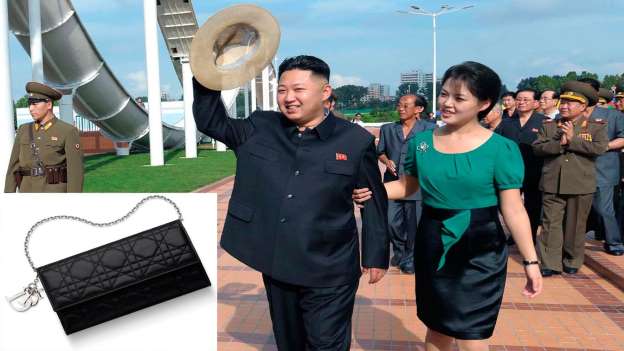
Private jets, imported caviar and designer cigarettes; Kim Jong-un has got it all. But while he lives a life of extravagant luxury, the majority of the population are struggling to survive. We reveal the shocking disparity between the leader and his people.
While local alcohol is cheap and readily available, it clearly isn’t to Kim’s taste. Instead, he reportedly spends an average $30 million (£24m) each year on importing liquors into the country for his elite circles. His favorites are whisky and cognac, but not just any brands. He prefers the more expensive kinds such as Hennessy which can cost up to $2,145 (£1,700) for the best bottle.
Kim spares no expense when it comes to his diet. He’s been known to order in top quality pork from Denmark, caviar delivered from Iran, Chinese melon and steaks of Kobe beef, a Japanese delicacy. While the exact figure he spends on feeding himself and his inner circle the best cuisine in the world is not known, the sum is estimated to be in the millions.
Most people will only ever dream of owning a yacht, but Kim Jong-un is the proud owner of a 200-foot yacht that was described by his friend Dennis Rodman as a “cross between a ferry and Disney boat”. The top-of-the-line Princess yacht is kitted out with a Fendi interior and is valued at a cool $8 million (£6.4m).
Kim has been married to Ri Sol-jun since 2009 and has been known to spend state funds on buying her precious gifts like the Christian Dior handbag she’s been spotted with. Costing $1,457 (£1,159) in the region's shopping centers, the bag comes close to trumping the annual income of the average North Korean, which is a meager $1,800 (£1,432).
Although the development of this $35 million (£28m) Masikryong ski resort is supposedly to build-up North Korea’s tourism industry, the fact that Kim is a big fan of the sport is certainly likely to be a contributing factor. According to the Daily Mail, the resort is described by Kim himself as “impeccable”, boasting wood cabin rooms, a spa, restaurant and 70 miles (110km) of ski slopes.
Most North Koreans make do with poorly-maintained houses or tenement apartment blocks with very little in the
way of creature comforts or basic utilities such as central heating or running water. Many people have to collect firewood in order to cook or heat their homes, and fetch water from public faucets.
Kim is rarely seen during public appearances without one of his many luxury watches adorning his wrist. The UK's Telegraph newspaper has stated that his personal collection costs upwards of $8.2 million (£5.7M).
Typically, very few North Koreans would ever have a piano in their homes. Kim, the king of excess, boasts a collection of over three dozen pianos, according to TIME, which can cost up to $64,451 (£51,277) each for top-of-the-line models.
Consumerism is almost non-existent away from the capital. With very little disposable income, most North Koreans spend any extra cash they earn on food for their families. Even if they did have the money to spend, there are very few black market stores outside Pyongyang in which to splash the cash.
It’s no secret that Kim is not only feared but also disliked by a large majority of the repressed citizens of his country. This is likely the reason he felt a need to invest in an armored car for state visits. The luxury, customized Mercedes-Benz S600 is valued at a cost of $1.7 million (£1.35m) due to the protection tech it’s equipped with.
Having a custom-fitted private jet simply wasn’t enough for the North Korean leader. After vamping up his jets he proceeded to spend hundreds of thousands to build private runways beside his multiple palaces so that he didn’t have to travel too far before take-off. Kim Jong-un’s father Kim Jong-Il once claimed to have sunk eleven hole-in-ones during an outing on one of his courses. Kim Jong-un has carried on his father's legacy of maintaining top-quality private golf courses. This hobby doesn’t come cheap, the average full-sized golf course costs about $3 million (£2.4m) to develop and $500,000 (£400,000) each year to keep running.
Away from Pyongyang, sports are low down on the list of priorities for most people, who are more likely to be concerned with getting enough food to eat or stockpiling enough firewood to avoid freezing to death in the country's harsh winters.
While local alcohol is cheap and readily available, it clearly isn’t to Kim’s taste. Instead, he reportedly spends an average $30 million (£24m) each year on importing liquors into the country for his elite circles. His favorites are whisky and cognac, but not just any brands. He prefers the more expensive kinds such as Hennessy which can cost up to $2,145 (£1,700) for the best bottle.
Kim spares no expense when it comes to his diet. He’s been known to order in top quality pork from Denmark, caviar delivered from Iran, Chinese melon and steaks of Kobe beef, a Japanese delicacy. While the exact figure he spends on feeding himself and his inner circle the best cuisine in the world is not known, the sum is estimated to be in the millions.
Most people will only ever dream of owning a yacht, but Kim Jong-un is the proud owner of a 200-foot yacht that was described by his friend Dennis Rodman as a “cross between a ferry and Disney boat”. The top-of-the-line Princess yacht is kitted out with a Fendi interior and is valued at a cool $8 million (£6.4m).
Kim has been married to Ri Sol-jun since 2009 and has been known to spend state funds on buying her precious gifts like the Christian Dior handbag she’s been spotted with. Costing $1,457 (£1,159) in the region's shopping centers, the bag comes close to trumping the annual income of the average North Korean, which is a meager $1,800 (£1,432).
Although the development of this $35 million (£28m) Masikryong ski resort is supposedly to build-up North Korea’s tourism industry, the fact that Kim is a big fan of the sport is certainly likely to be a contributing factor. According to the Daily Mail, the resort is described by Kim himself as “impeccable”, boasting wood cabin rooms, a spa, restaurant and 70 miles (110km) of ski slopes.
Most North Koreans make do with poorly-maintained houses or tenement apartment blocks with very little in the
way of creature comforts or basic utilities such as central heating or running water. Many people have to collect firewood in order to cook or heat their homes, and fetch water from public faucets.
Kim is rarely seen during public appearances without one of his many luxury watches adorning his wrist. The UK's Telegraph newspaper has stated that his personal collection costs upwards of $8.2 million (£5.7M).
Typically, very few North Koreans would ever have a piano in their homes. Kim, the king of excess, boasts a collection of over three dozen pianos, according to TIME, which can cost up to $64,451 (£51,277) each for top-of-the-line models.
Consumerism is almost non-existent away from the capital. With very little disposable income, most North Koreans spend any extra cash they earn on food for their families. Even if they did have the money to spend, there are very few black market stores outside Pyongyang in which to splash the cash.
It’s no secret that Kim is not only feared but also disliked by a large majority of the repressed citizens of his country. This is likely the reason he felt a need to invest in an armored car for state visits. The luxury, customized Mercedes-Benz S600 is valued at a cost of $1.7 million (£1.35m) due to the protection tech it’s equipped with.
Having a custom-fitted private jet simply wasn’t enough for the North Korean leader. After vamping up his jets he proceeded to spend hundreds of thousands to build private runways beside his multiple palaces so that he didn’t have to travel too far before take-off. Kim Jong-un’s father Kim Jong-Il once claimed to have sunk eleven hole-in-ones during an outing on one of his courses. Kim Jong-un has carried on his father's legacy of maintaining top-quality private golf courses. This hobby doesn’t come cheap, the average full-sized golf course costs about $3 million (£2.4m) to develop and $500,000 (£400,000) each year to keep running.
Away from Pyongyang, sports are low down on the list of priorities for most people, who are more likely to be concerned with getting enough food to eat or stockpiling enough firewood to avoid freezing to death in the country's harsh winters.
No Comments For This Post, Be first to write a Comment.
Most viewed from International
Most viewed from World
AIMIM News
Latest Urdu News
Most Viewed
May 26, 2020
Should there be an India-Pakistan cricket match or not?
Latest Videos View All
Like Us
Home
About Us
Advertise With Us
All Polls
Epaper Archives
Privacy Policy
Contact Us
Download Etemaad App
© 2026 Etemaad Daily News, All Rights Reserved.




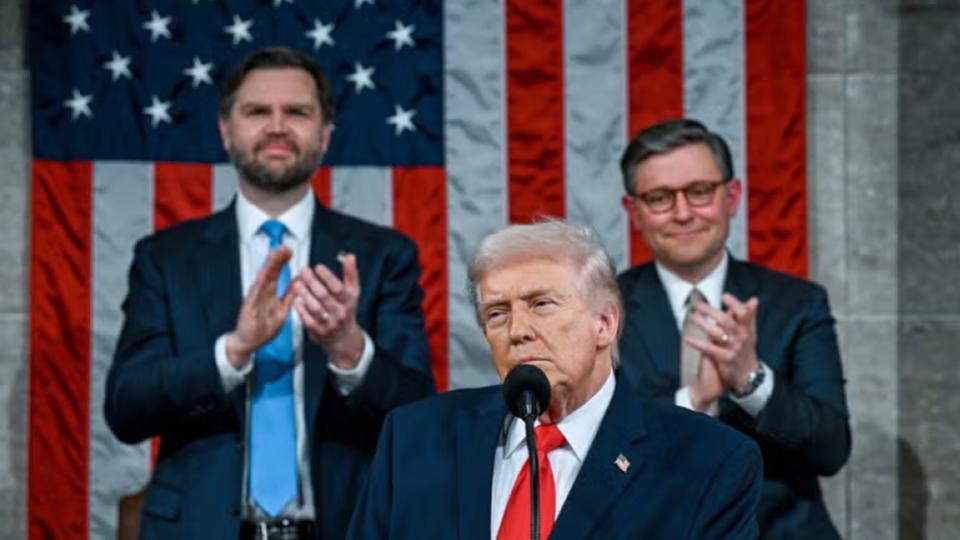
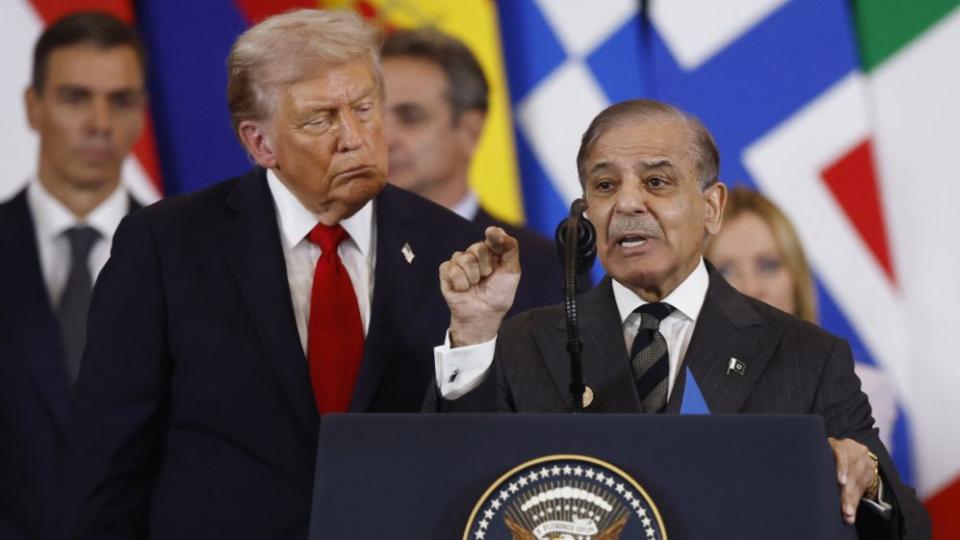
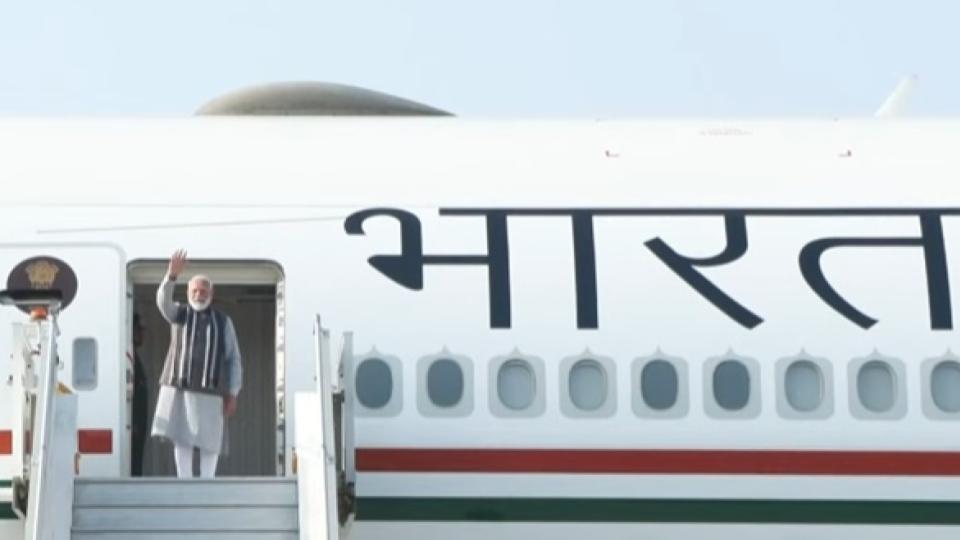
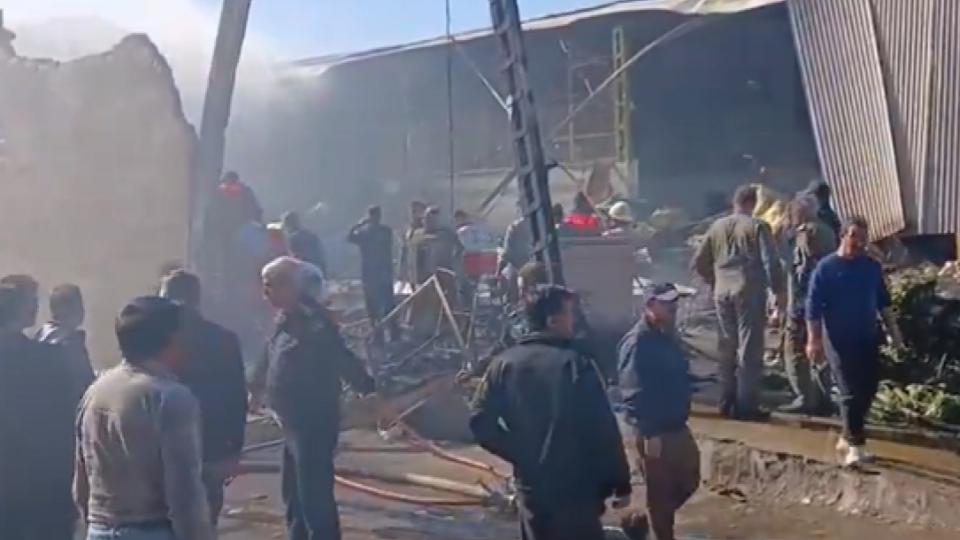
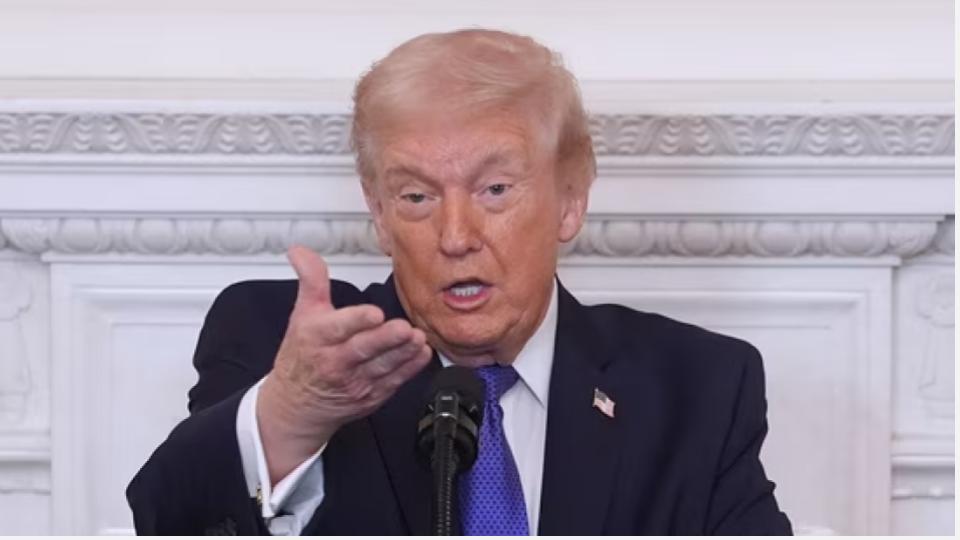
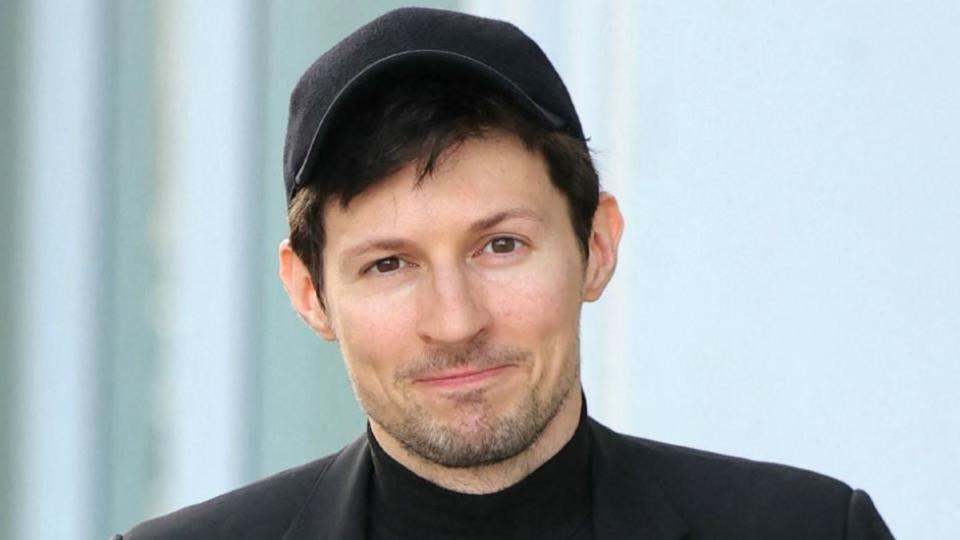
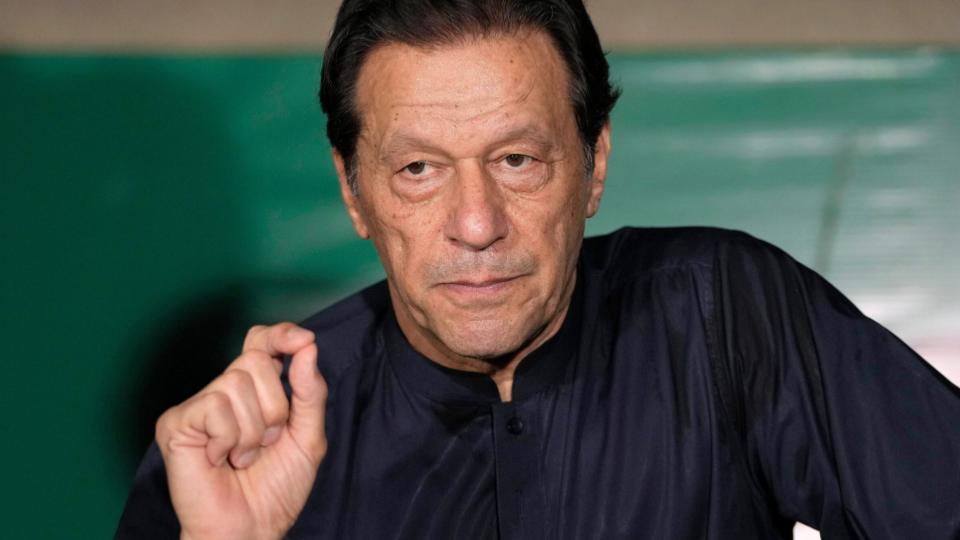
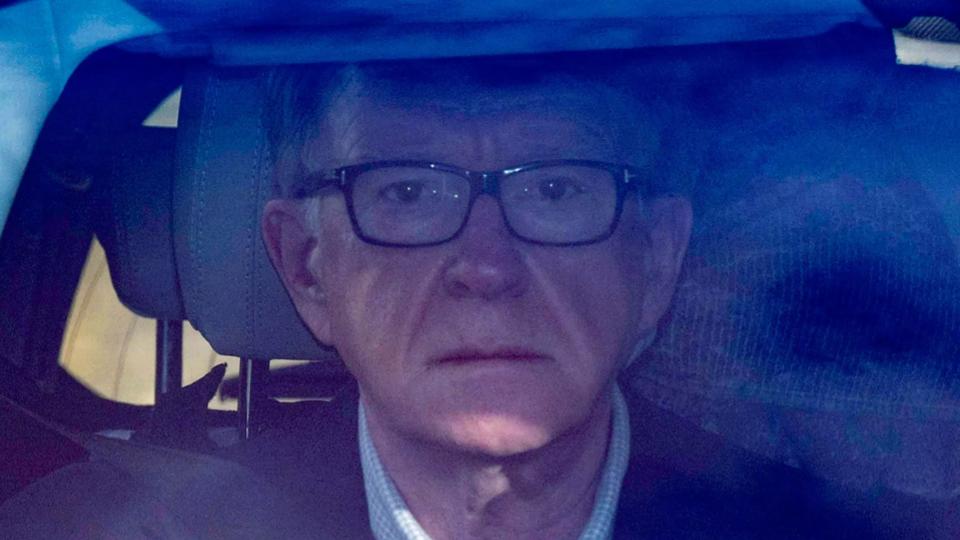
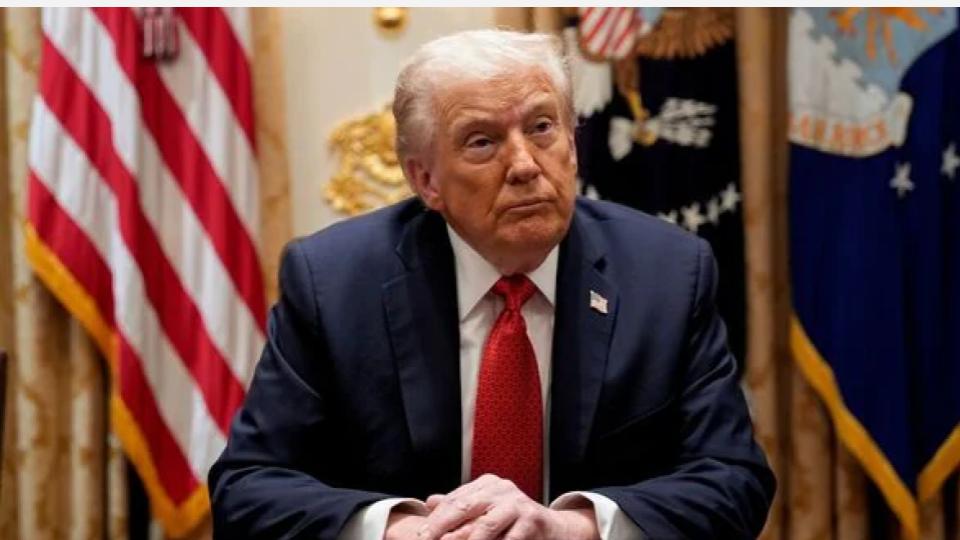
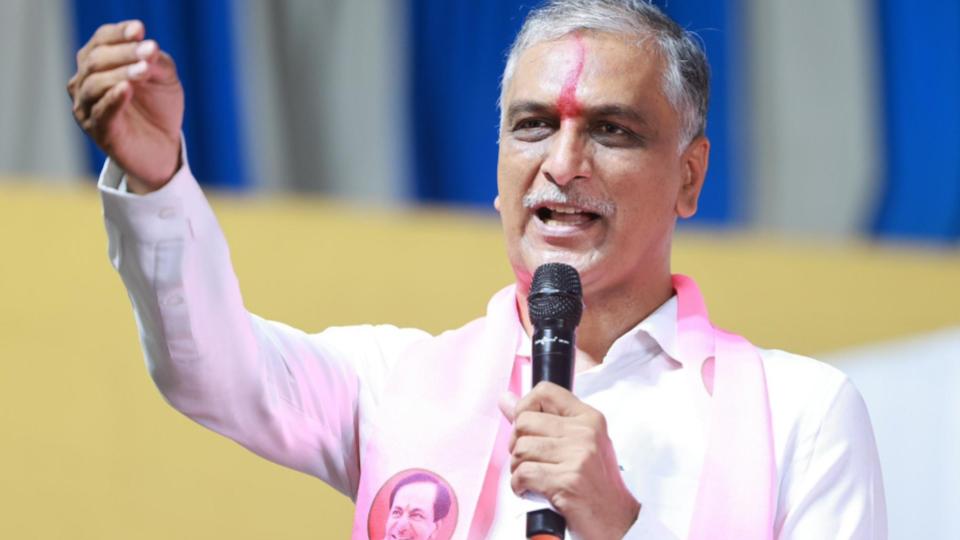
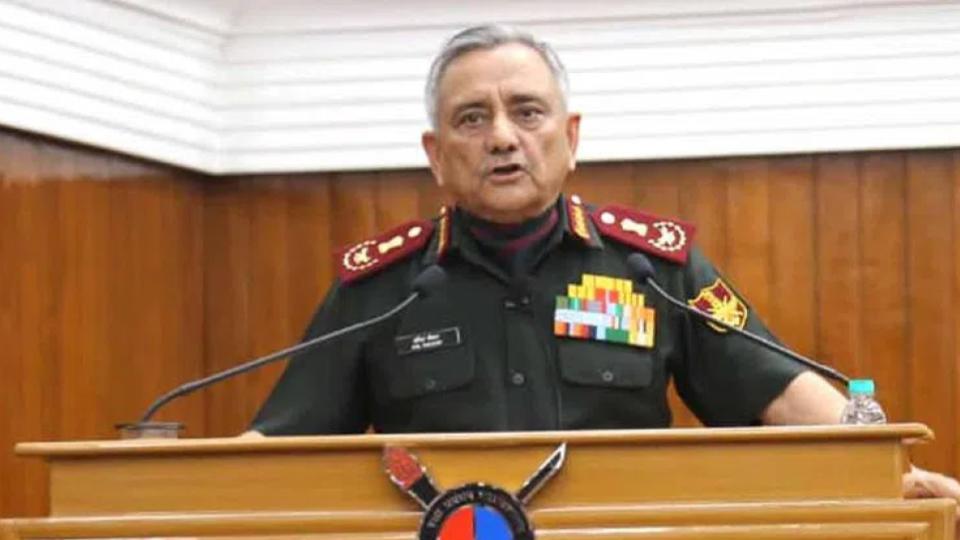
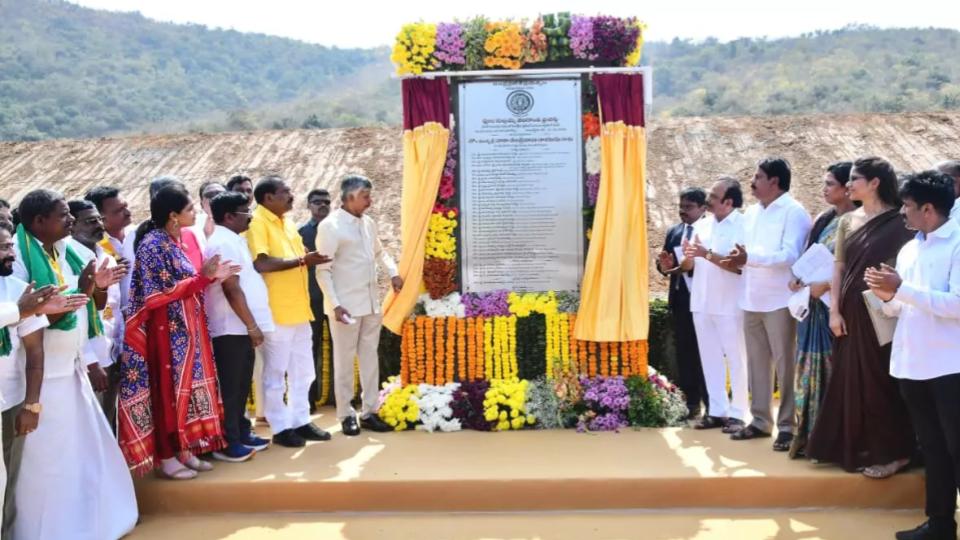
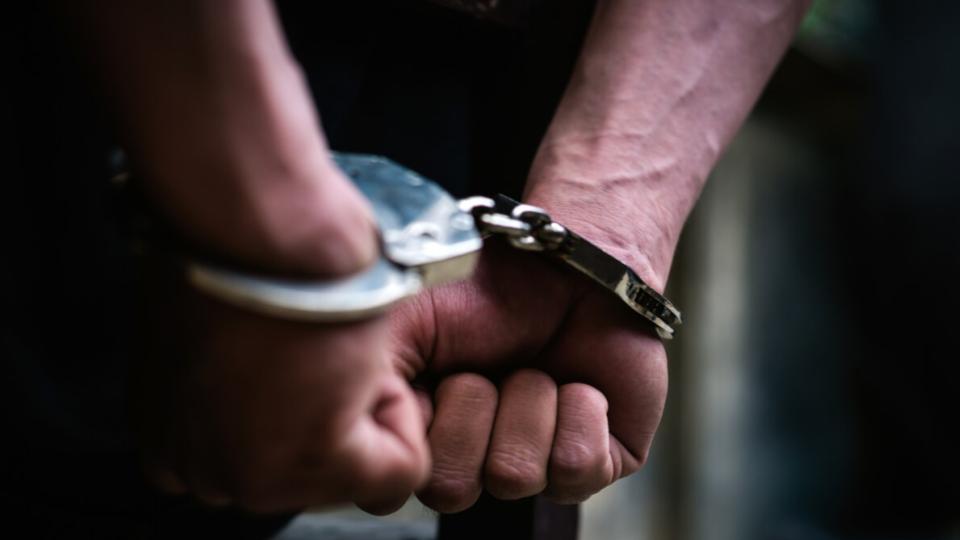

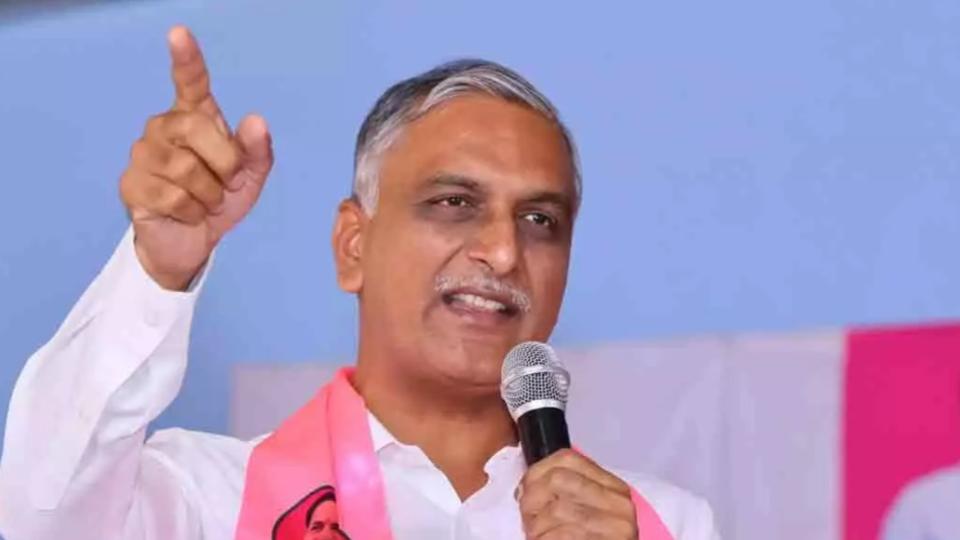
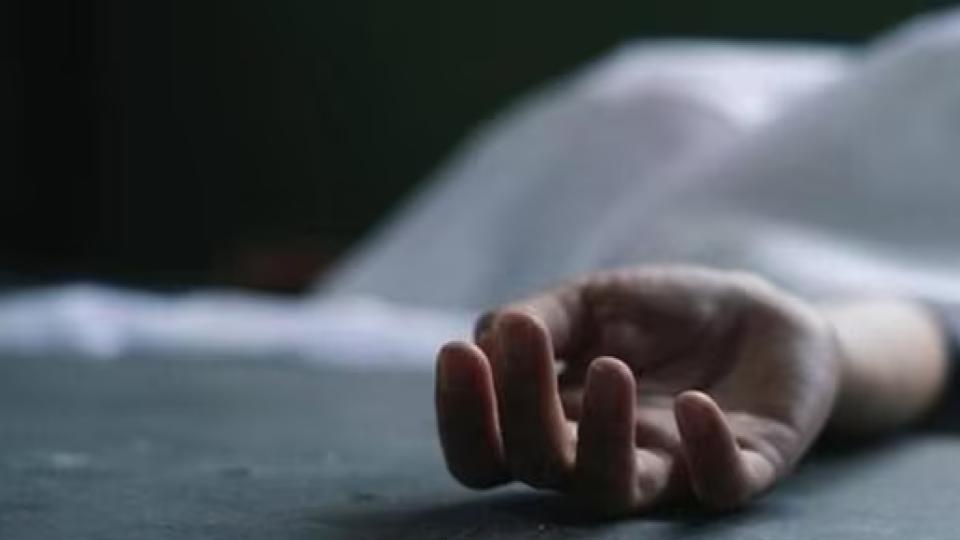
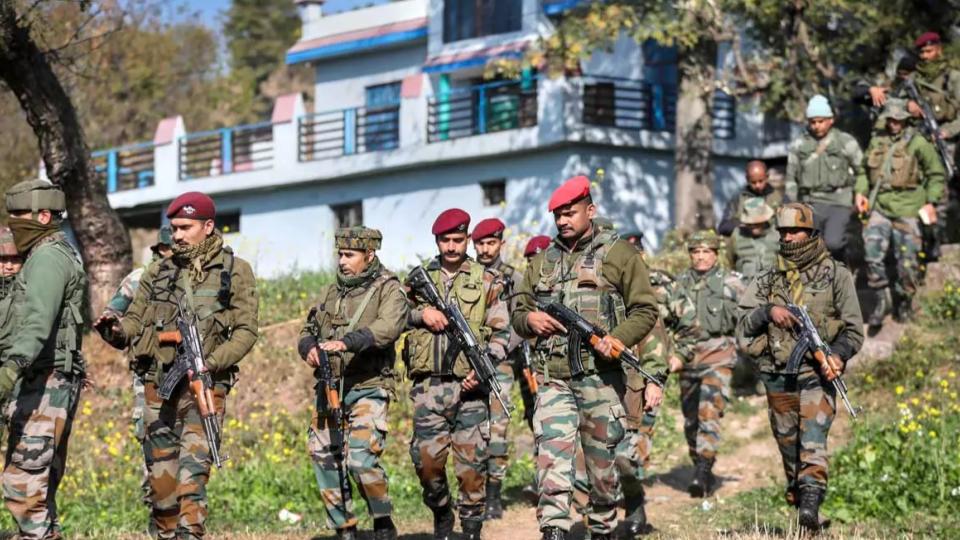





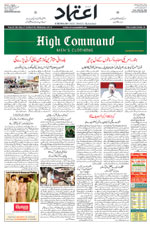










.jpg)
.jpg)
.jpg)


